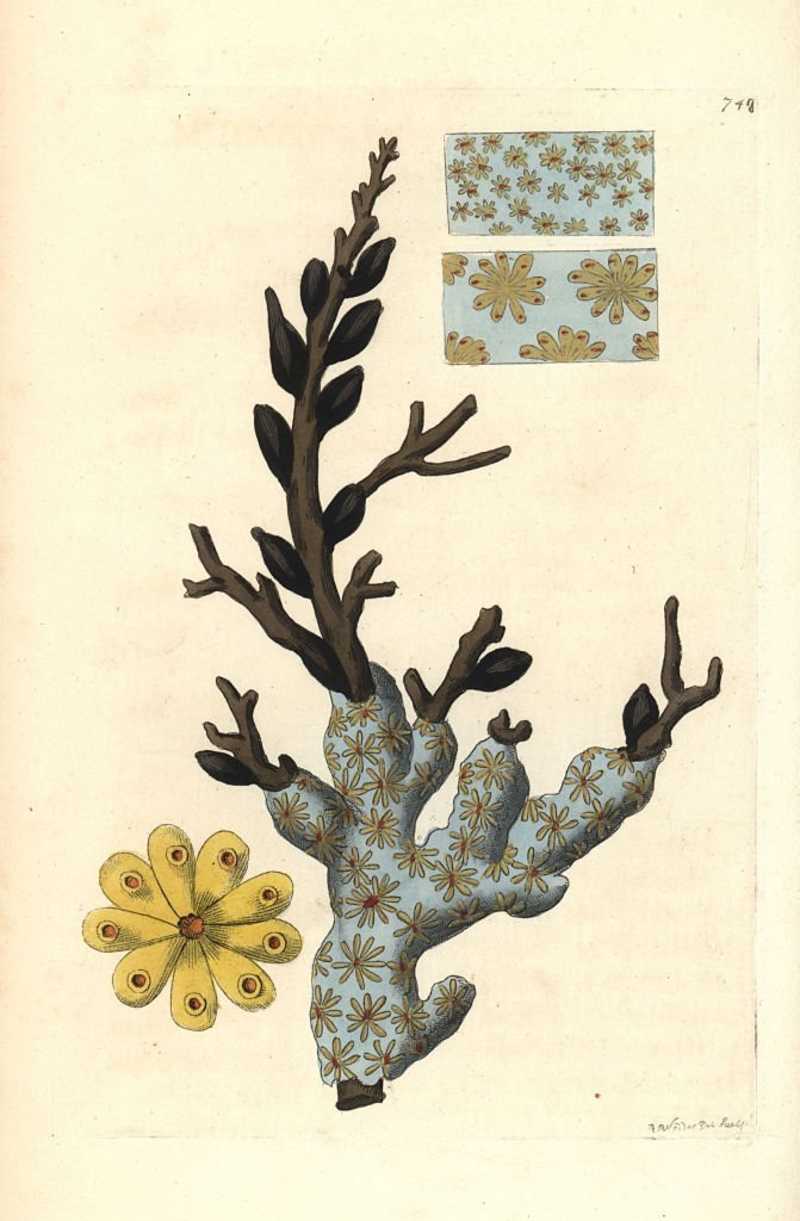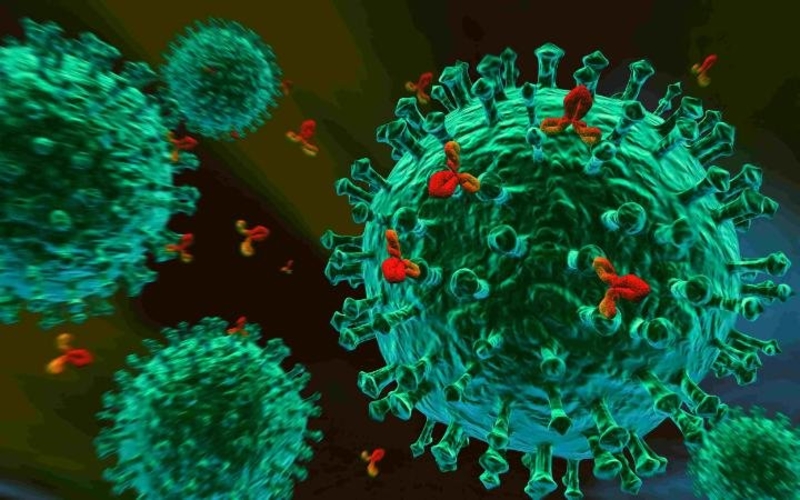A flower shape marine creature may help scientists with cancer research as well as possibly discovering cancer new treatments. The golden star tunicate is a marine invertebrate that fights with its fellow tunicates. The fights usually comprise a cell-to-cell combat. It has recently been uncovered that its immune system is identical to that of a human.

Tunicates are more closely related to vertebrates such as humans than most other invertebrate animals. They may be marine animals but they often convene in colonies in a range of habitats from near the shores to rocks and docks and underwater surfaces. They have a flower-like shape and colonies can contact another where they choose if they are going to attack or integrate. When they merge, they do so because they have the same form of a specific protein. The cells from each colony fight and impair each other, which is similar when a human immune system rejects a transplanted organ.

In a study led by cellular immunologist Benyamin Rosental, they found a few cells resembling our hematopoietic stem cells, which develop the cells of our immune system. These tunicate cells can split into different cell types.

The tunicates’ immune system matches the way our cells are capable of killing other cells. These cells in humans constitute the natural killer cells that often target tumor cells. Researchers disclosed that tunicates use identical cell executioners too. They placed two cells from different tunicates and saw an increase in the body count. In studying these killer cells, scientists may just identify the genes that cause organ rejection and could even show us a new cure for cancer.
